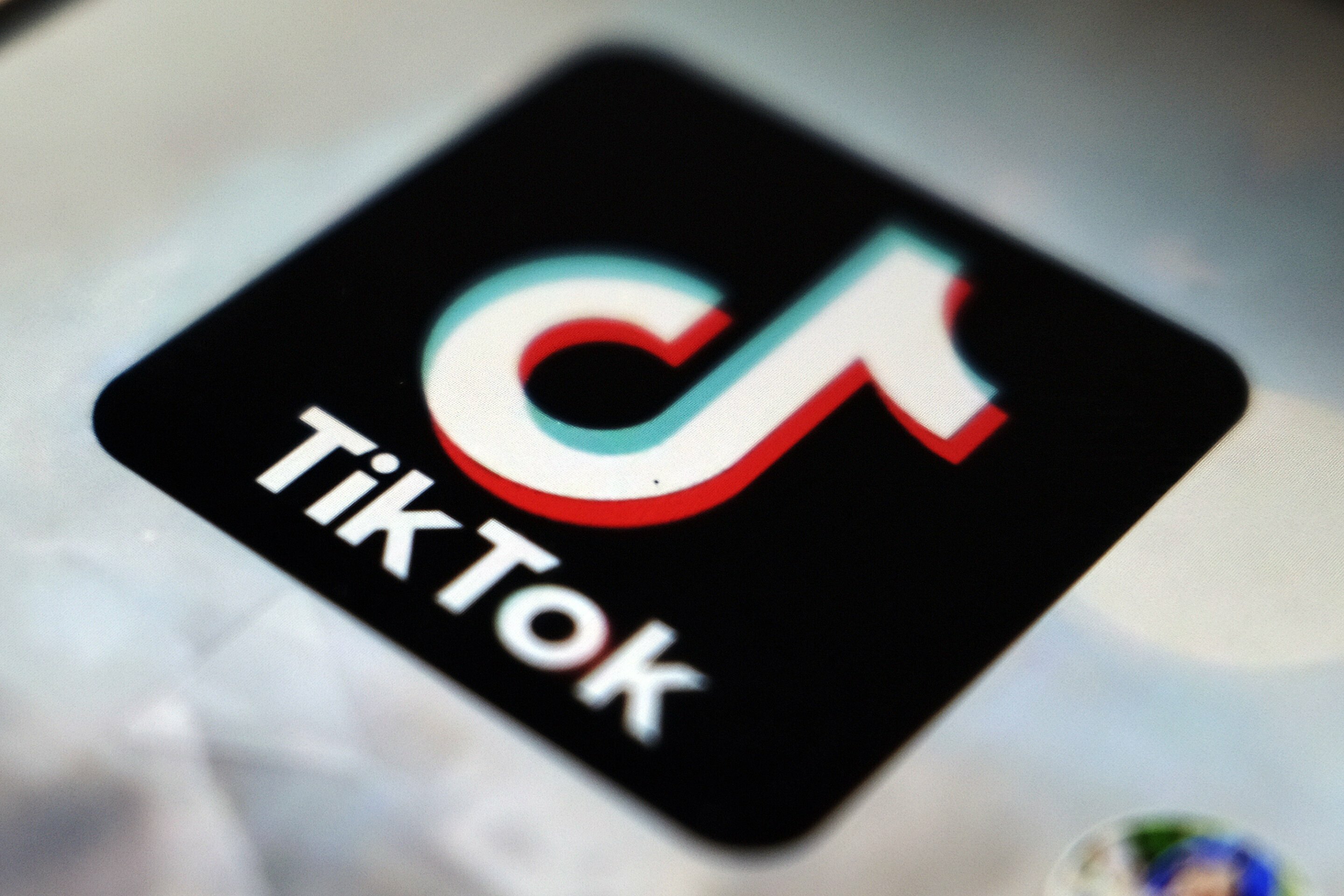 Google unveiled big expansion plans for its fast Fiber Internet service on Wednesday, stepping up pressure on incumbent cable and Internet providers such as Comcast, Verizon and AT&T.
Google unveiled big expansion plans for its fast Fiber Internet service on Wednesday, stepping up pressure on incumbent cable and Internet providers such as Comcast, Verizon and AT&T.
Google, the world’s largest Internet search engine, identified nine urban areas encompassing up to 34 cities across the U.S. as possible sites for deployment. Cities on the list include Phoenix, San Jose, Portland and San Antonio and Salt Lake City.
“We aim to provide updates by the end of the year about which cities will be getting Google Fiber,” Google said on its blog. “Between now and then, we’ll work closely with each city’s leaders on a joint planning process that will not only map out a Google Fiber network in detail, but also assess what unique local challenges we might face.”
Google Fiber is about 100 times faster than what most Internet users live with today, according to the company.
When the service started in 2011 in Kansas City, Mo., it was considered by some to be an experiment, rather than a serious new business for the web giant. But Wednesday’s announcement may put such theories to rest, while also sending a message to existing cable, telecom and Internet providers that a new, cash-rich rival has arrived.
“Google Fiber is an attempt by Google to build a profitable, stand-alone business,” Carlos Kirjner, an Internet analyst at Bernstein Research, wrote in a note to investors on Wednesday. “It may not make a huge difference for Google or for the incumbents in the next one, two or three years, but Google is taking the long view and we think in 5 or more years, it could turn out to be a significant, profitable business for Google and headwind for incumbents.”
Google’s announcement comes as a debate rages over equal access over the web, known as net neutrality. Last month, a federal appeals court struck down the Federal Communications Commission’s rules requiring broadband providers to treat all Internet traffic the same. FCC Chairman Tom Wheeler said Tuesday that he wants the agency’s staff to begin crafting new rules that will let it monitor traffic and to prevent blocking of sites and services from consumers.
Internet video services, led by Netflix, are straining the capacity of the Internet, intensifying the debate over who should cover the cost of upgrades needed to reduce congestion from all this extra data. Netflix’s video streaming performance has declined, especially on Verizon’s FiOSfiber-optic service, in recent months.
Netflix publishes an ISP Speed Index, every month and Google Fiber is consistently at the top of the list, far ahead of providers including CableVision, Time Warner Cable, Charter and AT&T.
While Google Fiber is nowhere near as broadly available as these other Internet services, Netflix includes it in its rankings as an example of the quality that other providers should aspire to, Netflix spokesman Joris Evers said on Wednesday.
Berstein’sKirjner said that the timing of Google’s Fiber announcement was likely a coincidence and not a ploy by the company to influence regulators and policy makers.
The 34 cities being considered are:Phoenix, Scottsdale, and Tempe in Arizona; San Jose, Santa Clara, Sunnyvale, Mountain View and Palo Alto in California; Atlanta, Avondale Estates, Brookhaven, College Park, Decatur, East Point, Hapeville, Sandy Springs and Smyrna in Georgia; Nashville-Davidson in Tennessee; Charlotte, Carrboro, Cary, Chapel Hill, Durham, Garner, Morrisville and Raleigh in North Carolina; Portland, Beaverton, Hillsboro, Gresham, Lake Oswego and Tigard in Oregon; San Antonio in Texas; and Salt Lake City in Utah.
Fiber in Kansas City, Mo., costs $70 each month for an Internet connect that has data-transfer speeds of 1 gigabit per second. For $120 a month, users can get Internet, TV and a Nexus 7 tablet. A 5 Mbps service is offered at no monthly charge but costs $300 for a one-time construction fee.






















